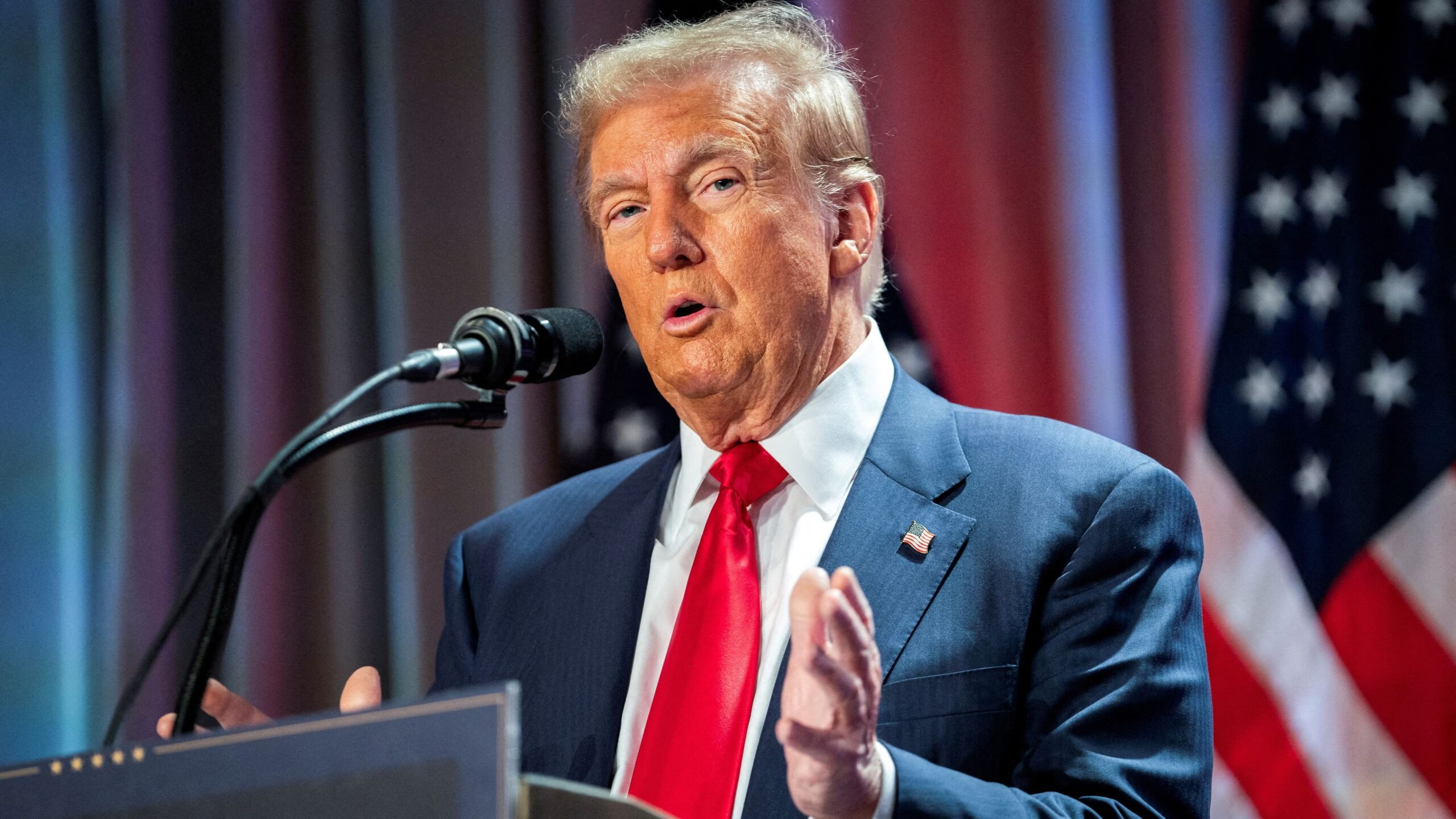
President Donald Trump stated on Tuesday that he will introduce new tariffs on semiconductors and chips as soon as next week. In an interview on CNBC’s “Squawk Box,” Trump said the announcement would come “within the next week or so,” adding that this is a separate category of tariffs because “we want them made in the United States.” He did not provide any further details on the specifics of the plan.
Global demand for semiconductors and microchips has increased dramatically as the technology has become central to nearly all sectors of the economy, especially the rapidly growing artificial intelligence industry. The vast majority of the world’s most advanced semiconductors are produced in Taiwan by companies like TSMC, which supplies tech giants such as Apple, Nvidia, Qualcomm, and AMD.
Tariffs and Trade Policies
Trump’s remarks come just days after he signed an executive order to impose new U.S. duties on imports from a number of countries. As part of this, Taiwanese goods are now subject to a 20% tariff, a decrease from the 32% duty that was initially threatened. The President’s comments on CNBC made it clear that his plans for tariffs are far from complete.
In the same interview, Trump suggested that tariffs on imported pharmaceuticals could eventually reach up to 250%, a new, higher figure than the 200% he had previously mentioned. He also claimed that his approval ratings were at an all-time high because “people love the tariffs,” despite recent poll trackers indicating a dip in his numbers.
Author’s Opinion
President Trump’s plan to impose tariffs on semiconductors and chips is more than just a trade policy; it is a high-stakes geopolitical move. By targeting a sector dominated by Taiwan, he is attempting to leverage economic policy to address a national security concern—the reliance on foreign nations for a critical technology. However, this strategy carries significant risks. The tariffs could disrupt the supply chains of major American companies and increase costs for consumers and industries reliant on advanced chips, from AI firms to consumer electronics. It’s a clear signal that the administration is willing to accept economic turbulence in the short term to achieve what it sees as a long-term strategic advantage, a bold and potentially risky gamble in a fragile global economy.
Featured image credit: Heute
For more stories like it, click the +Follow button at the top of this page to follow us.
